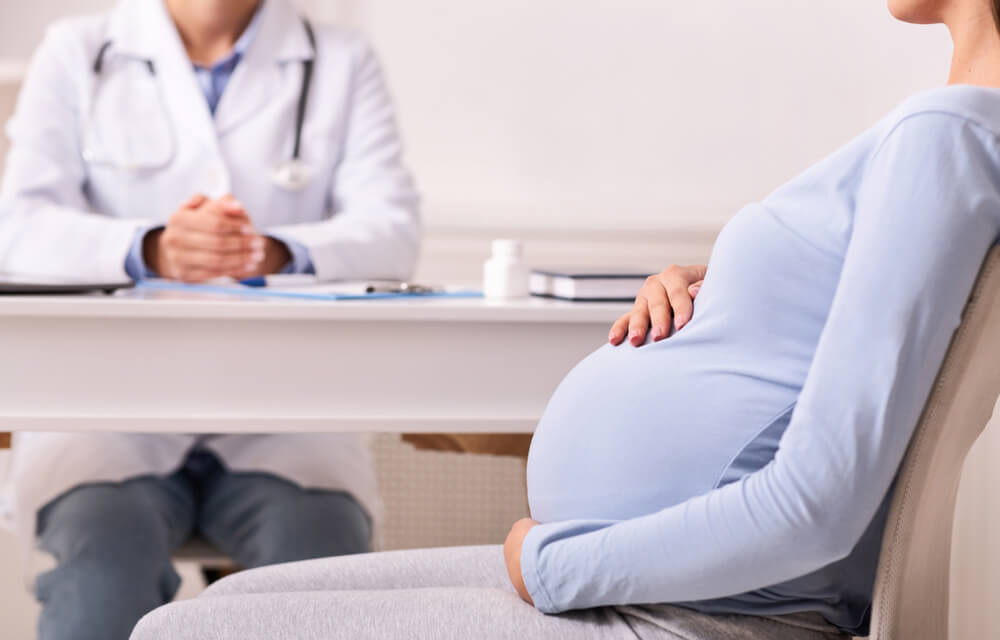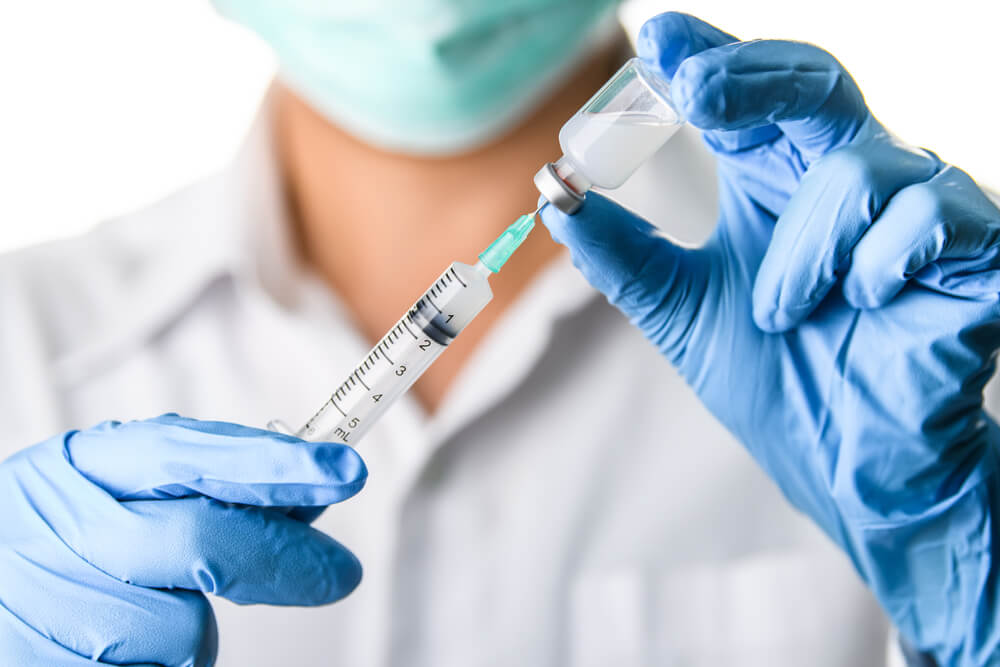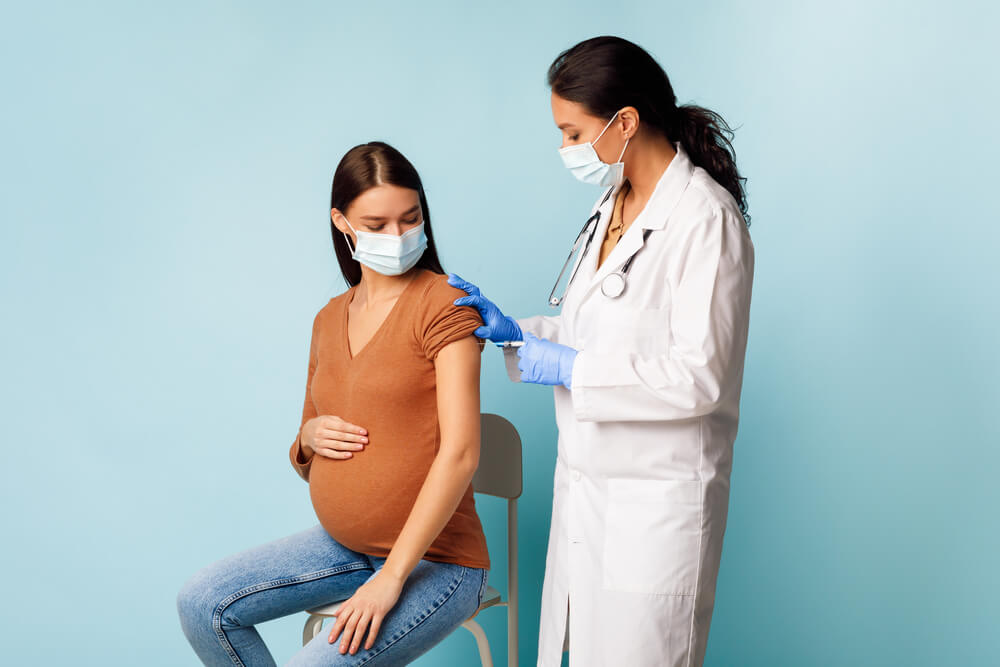Is an HPV vaccine when pregnant safe? How much do you know about the HPV vaccine anyway? If you are looking for expert answers to these questions and more, you have clicked on the right article. Below, you’ll uncover what happens if you get the HPV vaccine in pregnancy and whether the shot causes infertility. On top of that, you’ll learn some interesting facts about the human papillomavirus.
Before anything else, make sure to consult with a healthcare professional for expert diagnosis and guidance. If you are located in the area or searching for the best professionals, consult a Gynecologist in Plantation, Florida. A trained medical professional will answer all of your questions and doubts concerning the HPV vaccine and infertility.
With that in mind, here’s what you need to know about the HPV shot and pregnancy.
What Is the HPV Vaccine, and Why Is It Important?
HPV, or the Human papillomavirus, is a name of a common virus group that can cause genital warts or, in some cases, cancer. Patients can get HPV from:
- Oral, anal, or vaginal sex
- Skin-to-skin contact of the genital area
- Sharing sex toys
Usually, HPV does not cause any symptoms, so patients do not know they are infected with the virus. However, the virus can sometimes cause lumps and growth around the anus, penis, or vagina. Keep in mind that HPV is a common condition and that most individuals get some HPV type during life. Unfortunately, patients with high-risk HPV can develop cancer, including:
- Vaginal cancer
- Vulval cancer
- Anal cancer
- Cervical cancer
- Penile cancer
- Neck and head cancer
Other HPV types can cause genital warts in women and men, which are not life-threatening. However, they can cause discomfort and significant emotional stress. Each year, approximately 12,000 female patients are diagnosed with cervical cancer. On top of that, yearly, 4,000 women pass away from this illness in the United States.
Fortunately, the HPV vaccine can protect you against some HPV types that cause cervical cancer and genital warts. Nevertheless, the shot does not protect against all HPV types. A condom can also provide HPV protection, but you will not be fully protected since it does not cover the entire skin around the genitals.
Overall, the HPV vaccine is a good way to prevent the spread of the human papillomavirus. The shot is marketed under “Gardasil,” and it is a good choice for individuals between the ages of nine to 26. However, the safety of getting the HPV vaccine when pregnant remains up for debate. Scroll down to find out what the scientific data says about the HPV vaccine in pregnancy.
If you have questions and concerns about your well-being, consult a professional immediately. We recommend booking an appointment with Broward Complete OB-GYN Wellness Center, your best option for optimal health.
Can You Get the HPV Vaccine When Pregnant?

Experts do not recommend pregnant women get the HPV vaccine. While studies show that the HPV vaccine in pregnancy is potentially safe, more research is required to determine accurate findings. Overall, the HPV vaccine and pregnancy combo is not advised until the woman has completed the pregnancy. Moreover, getting an HPV shot while pregnant is not a reason for ending the pregnancy. Scroll down to find out what a woman should do if she got at least one shot of the vaccine when pregnant.
Unfortunately, the research on Gardasil’s safety during pregnancy is limited and requires further investigation. That said, animal studies reveal that the Gardasil vaccine does not cause detrimental effects on the fetus. There is also strong evidence indicating that the HPV vaccine is potentially safe for pregnant women.
HPV Vaccine in Pregnancy: Some Findings Show Conflicting Data
What do the findings reveal about the HPV vaccine and pregnancy? Believe it or not, a study from the New England Journal of Medicine shows that the quadrivalent human papillomavirus vaccine is not harmful to pregnant women. Experts in Denmark analyzed 1,665 females who got the Gardasil shot during the early stages of pregnancy and compared the data with 6,660 females who were vaccinated while not pregnant. The findings demonstrated that the HPV vaccine does not increase the risk of major congenital disabilities, low birth weight, premature birth, spontaneous miscarriage, and stillbirth. However, to this day, the HPV vaccine and pregnancy topic is up for discussion. More research is needed to determine the efficacy and safety of the HPV vaccine during pregnancy.
While these findings are reassuring to individuals who have been vaccinated while they were unaware of the pregnancy, the FDA will not change the vaccine labeling any time soon. Based on the current labeling, the HPV vaccine shot while pregnant does not cause harm to the fetus (in studies done on animals). However, the full risks remain a mystery.
Since further analysis is required to confirm the safety of the HPV shot while pregnant, the guidelines that recommend refraining from Gardasil use while pregnant will stay unchanged. Overall, experts will continue to recommend not getting the HPV shot while pregnant until future findings confirm the results of the Danish study.
I Got the HPV Vaccine During Pregnancy: What to Do?
You received the HPV vaccine during pregnancy and were unaware you were with a child. What are your next steps? If you got the HPV shot while pregnant, immediately consult with a medical professional. While the chance that your pregnancy is at risk is extremely low, your healthcare professional may want to keep a close eye on you or report the case to the shot’s manufacturer. Namely, the manufacturer tracks the outcomes of individuals exposed to the HPV vaccine during pregnancy.
HPV Vaccine and Infertility: Is It Linked?

Currently, no findings point to a correlation between the HPV vaccine and infertility. If you are dealing with infertility and have received the HPV vaccine (or you are considering the shot), consult a healthcare professional for guidance. As mentioned, there is no evidence suggesting that the HPV vaccine and infertility are linked.
FAQ
Does the HPV Vaccine Work?
The HPV vaccine effectively targets the types of viruses that most commonly lead to cancer (such as cervical cancer, vulva, anus, oropharynx, and vaginal cancer). The HPV shot also protects you against most genital wart cases. Overall, the shot helps prevent most HPV types and the most common complications they cause.
On the other hand, the HPV shot is not as effective in preventing HPV-related illnesses in young patients already exposed to certain HPV types. Namely, the shot prevents the human papillomavirus before an individual is exposed to it. Unfortunately, the vaccine will not be effective in treating existing infections or diseases linked to HPV.
What Does the HPV Shot Not Protect Against?
The HPV vaccine provides you with long-lasting results. However, the shot will not protect you against every HPV type. Because the shot cannot prevent certain cervical cancers, women are advised to get screened for cancer regularly. Moreover, the shot will not protect you against other STIs or sexually transmitted infections. Always wear a condom when engaging in sexual intercourse.
Give us a call today and get your health back on track. Schedule an appointment at our exclusive clinic and receive the best results every time.


